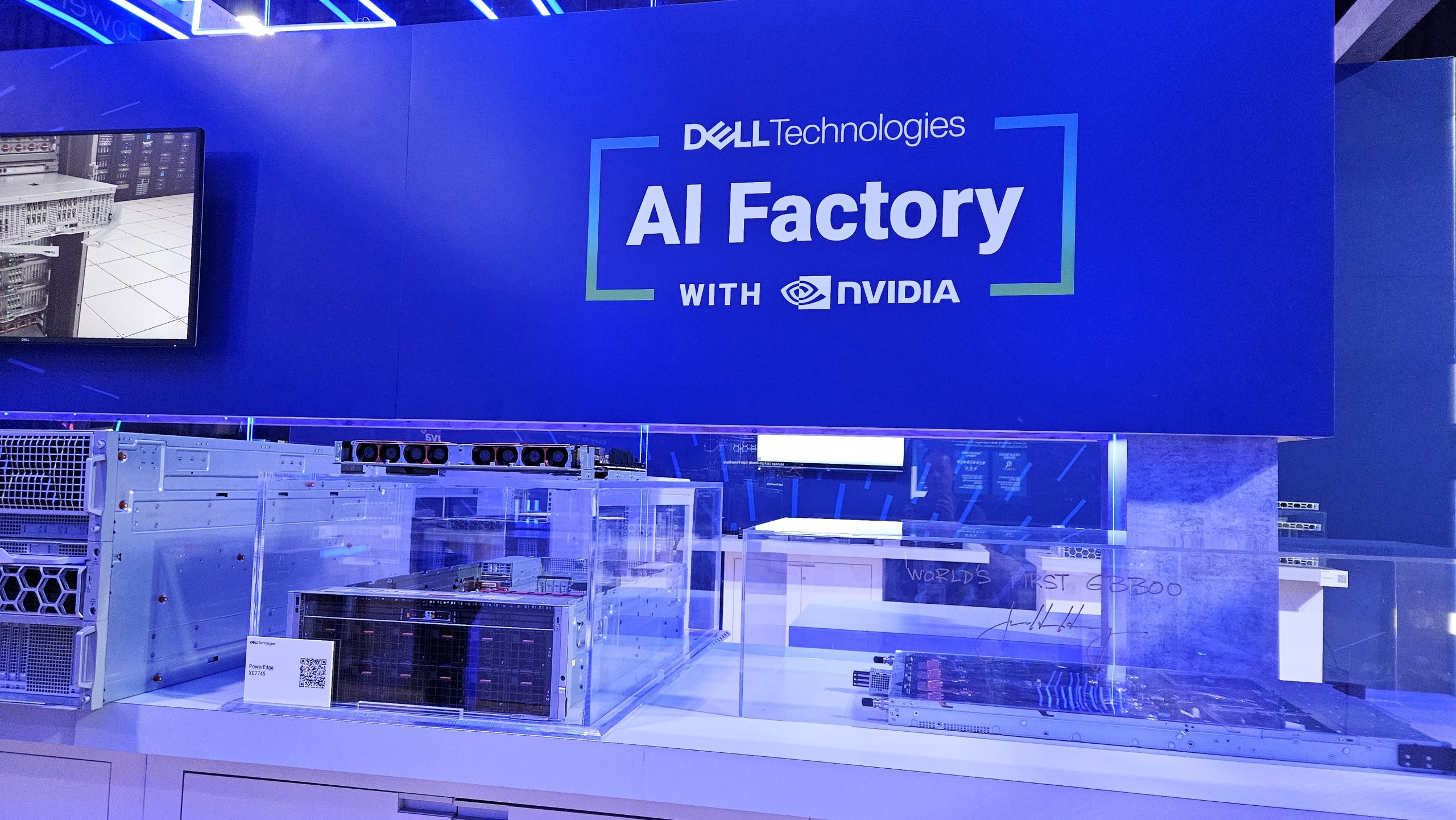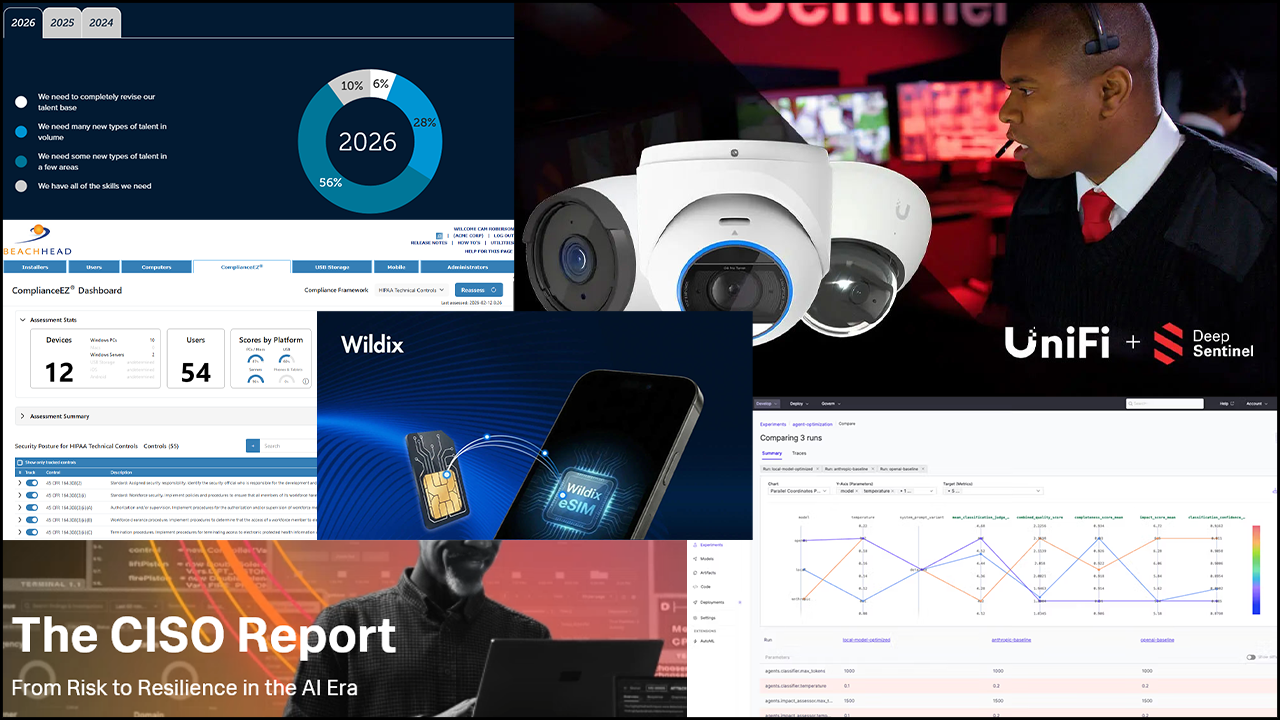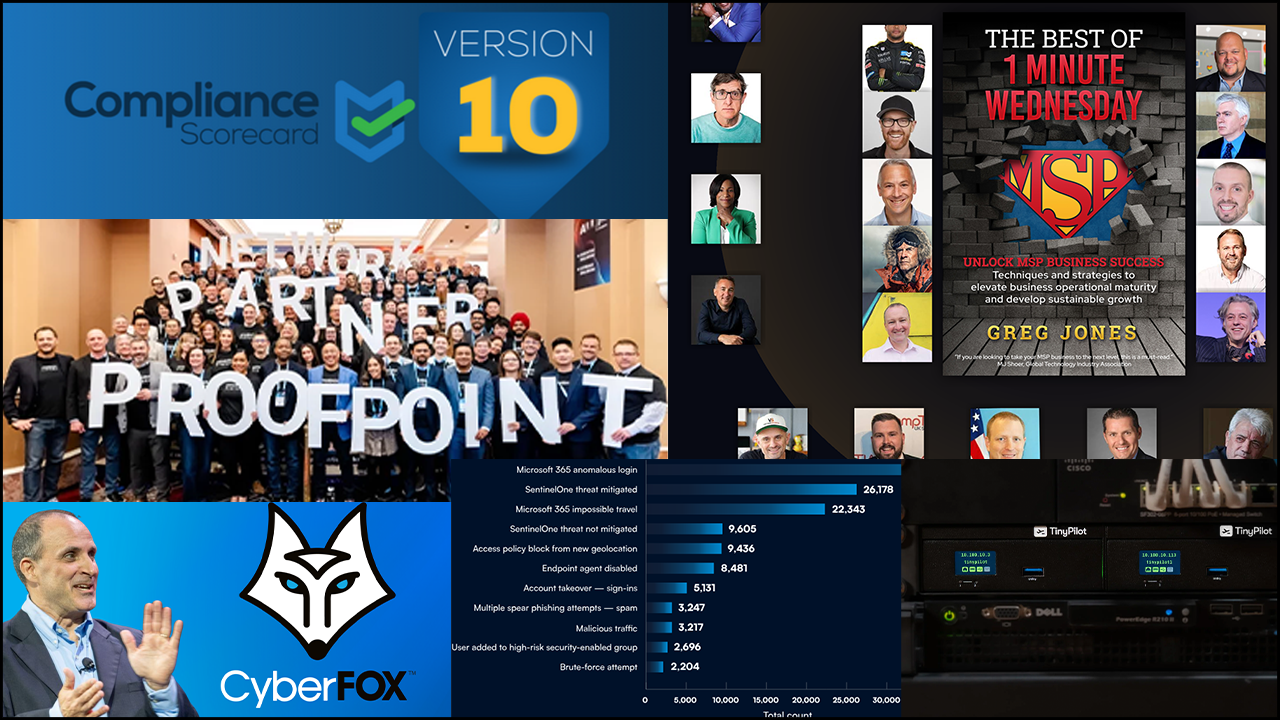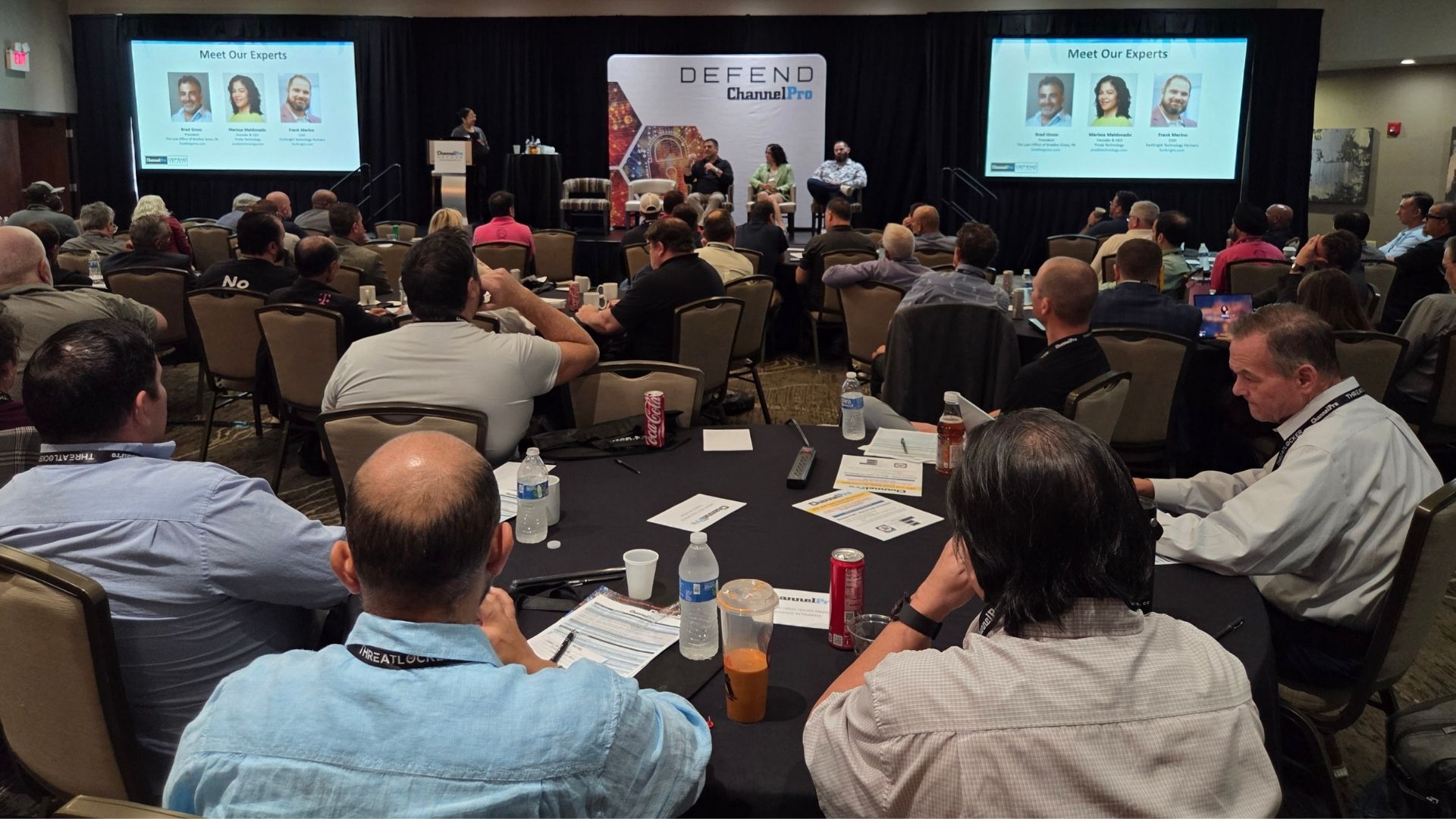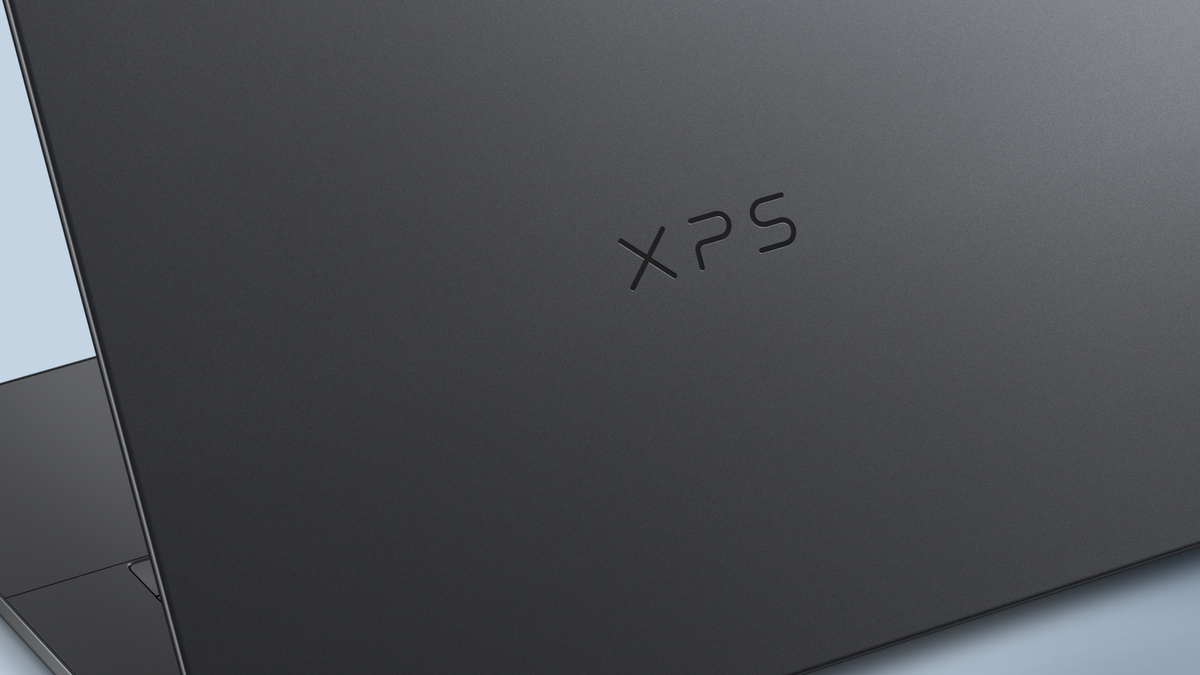AI is dominating headlines, keynotes, and boardroom wish lists. Demand for smarter solutions and automation will rapidly increase over the coming years. But while the tech giants duke it out in the cloud and enterprises launch moonshot pilot programs, Dell Technologies says it is laying the groundwork for the ones who will make AI real for the rest of the business world.
I sat down with Varun Chhabra, senior vice president of infrastructure and telecom marketing at Dell Technologies, during the Dell Technologies World 2025 event in Las Vegas. While large enterprise may be the obvious benefactor from the huge demand for AI, Chhabra laid out a compelling vision for how Dell is building infrastructure solutions to put MSPs front and center in the next phase of AI adoption.
“If you take a look at AI, it’s a golden opportunity for managed service providers,” he told me. “The biggest reason is there is no one-size-fits-all approach to AI. Customers have unique requirements around AI. They have different capabilities in-house and different approaches towards data. … It’s really important for customers to have a trusted advisor through their journey.”
From Infrastructure Vendor to Strategic Partner
At the heart of that message is Dell’s AI Factory, a flexible infrastructure portfolio designed to support everything from turnkey deployments to bespoke solutions, all with MSPs in mind.
“Whether it’s at the advisory capacity up front through consulting capabilities or deployment, setup, support, and scaling capabilities, across that lifecycle is a massive opportunity for MSPs and partners that work with our customers,” Chhabra said.
That lifecycle starts long before the hardware shows up. MSPs can and should play a central role in helping clients prioritize use cases, align internal stakeholders, and develop a sound data strategy. In fact, Chhabra believes it’s one of the biggest shifts in how MSPs need to approach their value proposition.
“It’s not just about that traditional, ‘I’m going to do the rack and stack, and I’m going to manage this for you.’ It’s actually thinking broadly about value-added capabilities that you can bring in early. … Customers are crying out for that help within the AI space, even if they don’t know they need it.”
The On-prem AI Bet
Unlike some competitors pushing cloud-first narratives, Dell sees the AI future playing out largely on-premises, especially for SMBs.
“We believe that a large proportion of AI workloads will be deployed on-premise,” said Chhabra. “Over a period of three years, as AI adoption scales, it’s cheaper to do so.”
He pointed to data gravity, bandwidth costs, and TCO analysis as reasons why local infrastructure will make more economic and technical sense for many organizations. Dell claims to be making it easier than ever to run modern AI models where the data lives.
“Most models are available on-prem now for customers, and a lot of the work that Dell is doing is actually making the model deployment easy and turnkey.”
That, he said, includes partnerships with Hugging Face, Cohere, Mistral, and Google Gemini to bring state-of-the-art models directly into customer environments. Even powerful new AI PCs, like those built with Qualcomm chips, can now run Llama 4 models with over 100 billion parameters.
“We are uniquely positioned to bridge both the PC and data center,” Chhabra noted. Dell is also exploring how to offload workloads between local devices and larger infrastructure dynamically.
Everything as a Service? Dell Says Yes
Chhabra was quick to note that AI infrastructure doesn’t have to be a one-and-done sale. For MSPs focused on recurring revenue, Dell designed its offerings with flexibility in mind, he shared.
“If a customer wants to do something that’s more CapEx oriented, we absolutely support that. But there are a lot of customers who want infrastructure and services delivered as subscriptions. … And certainly partners can help accentuate that.”
From leasing models to utility-based pricing, Dell is leaning into the as-a-service shift. MSPs can wrap their own managed services around Dell infrastructure or even operate their own facilities offering compute as a utility.
Don’t Sleep on Security and Storage
While AI gets the spotlight, Chhabra warned that MSPs shouldn’t overlook what’s happening in the storage and cybersecurity space. In fact, cybersecurity is a top priority of the CIOs Dell has surveyed. New updates to PowerProtect, PowerStore, and PowerScale introduce cyber-resilient storage capabilities and AI-powered ransomware detection built right into the array.
“We’re bringing automated ransomware protection and detection on the storage layer directly, eliminating the need for standalone third-party solutions for detecting ransomware attacks on the data that’s stored in the systems. We’re betting on bringing that directly to the array is going to unlock a greater amount of efficiency, faster restore times, and greater security.”
For MSPs managing customer data, that’s both a technical win and a services upsell opportunity whether that data is primary, structured, or unstructured.
Flexible Cloud, Without the Lock-in
Another area ripe with opportunity is private cloud. Dell’s new offering, the Dell Private Cloud, aims to split the difference between hyperconverged simplicity and open-ecosystem flexibility.
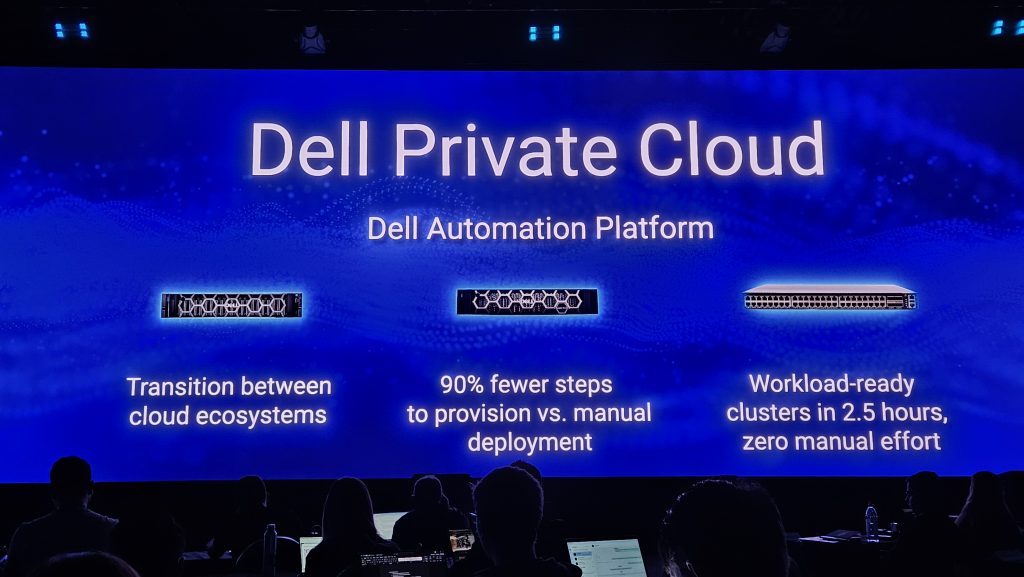
“We have a software layer called the Dell Automation Platform, which drives software-driven automation,” explained Chhabra. “Customers will be able to log into a portal and see a set of curated blueprints for different cloud operating systems or hypervisor providers, and deploy that software stack in a simple, automated fashion. … It’s more improved than a traditional three-tier model.”
Customers can pick and choose their preferred hypervisors and cloud operating systems while letting Dell handle the back-end automation. For MSPs, this unlocks new services revenue without the traditional integration headaches.
“If you think about what an MSP does today, there are great opportunities for value-added services and margins,” he said. “They have more flexibility in how they build out the pricing, and then reduce their cost because of the automation that we’ve built in.”
The 3 Big Bets for MSPs
When asked about what opportunities MSPs be focusing on right now, Chhabra highlighted three distinct areas to focus on:
- MSPs need to embrace their role as AI advisors, going beyond traditional services to drive early, strategic conversations with clients. “MSPs can add value, but they’ve got to be ambitious and think boldly about going early in the cycle and actually driving strategy conversations,” he said.
- MSPs can help customers simplify and de-risk their private cloud strategies. “Vendor lock-in is a huge concern,” he cautioned. “Think about giving customers a flexible yet simple approach.”
- MSPs should look to the edge, whether that’s a retail store, factory, or remote office, as a frontier for growth. “Edge is not always a device in a forest. It could be a retail store or remote office. There’s a huge services opportunity.”
Based on the conversation, Chhabra believes that an MSP’s trusted advisor role is more critical than ever. Those that start today will be front and center to a massive opportunity with the AI wave.
“[MSPs] have to be ambitious, and they’ve got to think boldly about going early in the cycle and driving strategy conversations,” Chhabra said. “It’s a golden opportunity to do that right now because this space is pretty fragmented.”
Fortune, as usual, often favors the bold.
More Dell Technologies World 2025 Coverage from ChannelPro
➡️ Inside Dell Technologies World 2025: Building Smarter AI Infrastructure for Everyone
➡️ Dell’s AI Wake-up Call to MSPs: Get Moving — or Get Left Behind
➡️ Dell Doubles Down on Partners, Sees Channel as the Key to Winning the AI Race
Images: MW for The ChannelPro Network, LinkedIn



